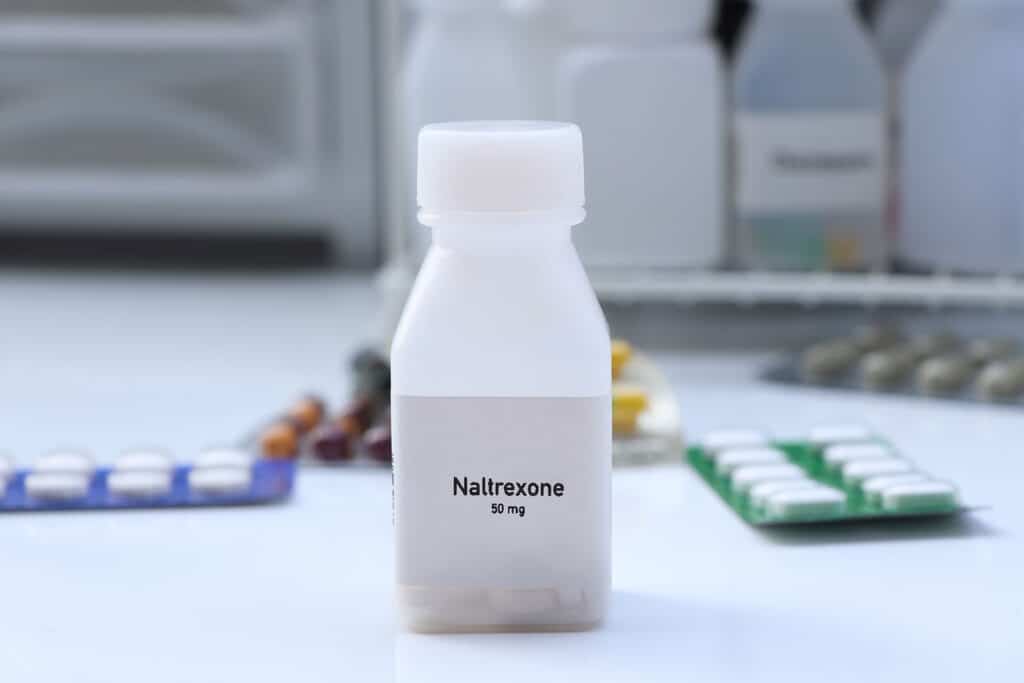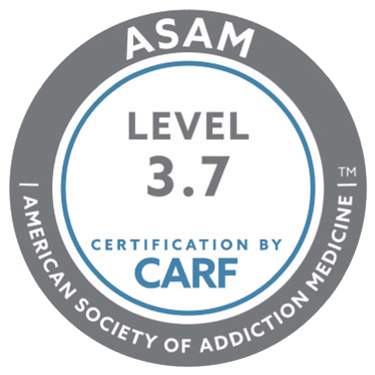Once applied solely as an anesthetic in humans and animals, ketamine has since been evaluated and approved for its use in alleviating mental health concerns such as symptoms of treatment-resistant depression. Its growing popularity as a fast-acting antidepressant, however, leaves a lot of questions unanswered. How does it work? How long can you expect to experience results? More importantly, is ketamine safe and effective for everyone? If you’re interested in ketamine therapy for depression, let’s take a closer look at this drug and what it may have to offer those who have found that traditional talk therapy and popular antidepressants aren’t effective for them.
Understanding Ketamine
The use of Ketamine infusion is a dissociative anesthetic that was first synthesized in the 50s and used for surgical purposes until the more commonly used and more potent opioid morphine arrived on the scene. Now, ketamine is used intranasally in order to deliver the reported benefits backed by current research as well as the FDA’s stamp of approval.
Ketamine works by increasing glutamate receptor activity, for which glutamate is a necessary neurotransmitter in the brain. Because those with severe depression often have impaired brain functioning due to the damage caused by depression, the introduction of ketamine reforms these connections. It’s also believed to heal other connections between the brain, regrow synapses, and offer the benefit of a dissociative experience that helps individuals step outside of themselves and experience a profound change.
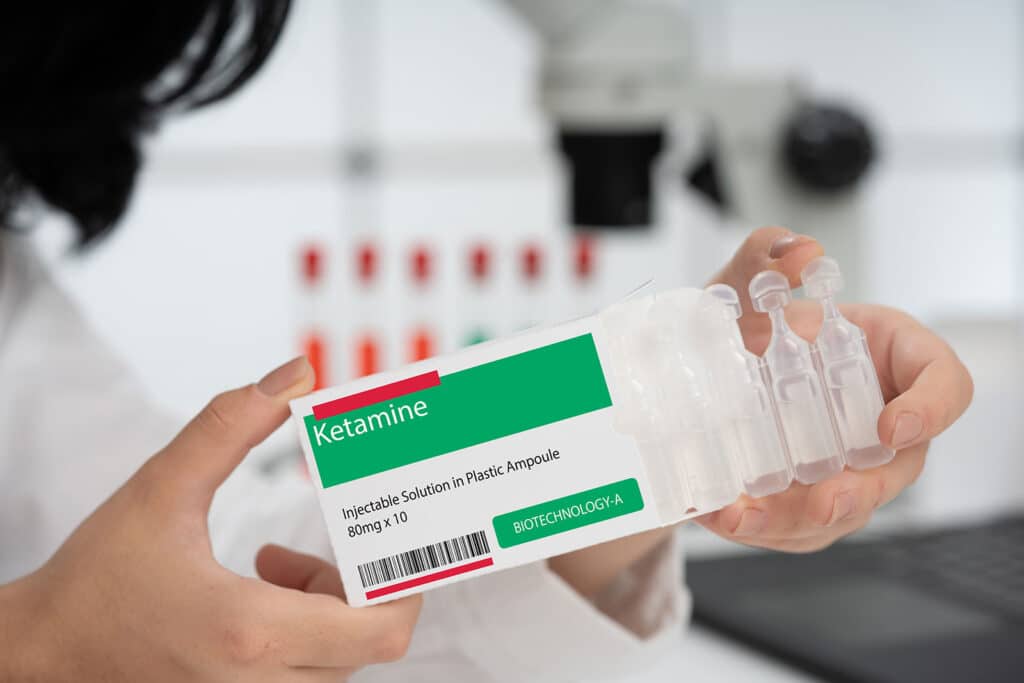
Ketamine Treatment for Depression
Esketamine is currently the only FDA-approved form of ketamine on the market. However, it’s not the only way of treatment of depression is being treated with IV ketamine. Besides intranasal spray, other methods of administration that are being pursued include IV infusions, lozenges, sublingual products, and intravenous that are administered in the arm.
Not all treatments are the same, but there are some standards when it comes to the frequency of treatment. Many will start with two courses of treatment weekly for around four weeks, then go five more weeks with one course of treatment and start to do only one course weekly or bi-weekly moving forward. Keep in mind that this is for nasal spray and not other methods of administration. Those who are undergoing ketamine infusion therapy will also engage in talk therapy to ensure that they’re getting the most effective care possible as they navigate this new form of treatment. Otherwise, the treatment might not be as life-changing as most expect when they start taking ketamine to address the symptoms of their depression.
Immediate Effects of Ketamine on Depression
Ketamine has proven to be effective in treating treatment-resistant depression. But what does it look like when it works, and how fast do people start to see results? The effects of ketamine shouldn’t be understated when it comes to navigating treatment-resistant depression, helping people with severe depression think and reason more clearly, reduce suicidality, and feel happier and lighter.
Speaking of how rapidly ketamine seems to work for those who have undergone ketamine therapy, ketamine takes much less time to work than traditional antidepressants. Rather than waiting for an antidepressant to take four weeks or longer to hopefully work, it’s reported that many patients begin to feel the positive effects of ketamine within only days or even hours in some cases. Other sources state that people may begin to feel the benefits of ketamine within just 40 minutes. Regardless of the timeline, all reports state that ketamine begins working almost immediately, which is why it’s being so heavily pursued by those who have not shown any improvement using traditional depression treatments.
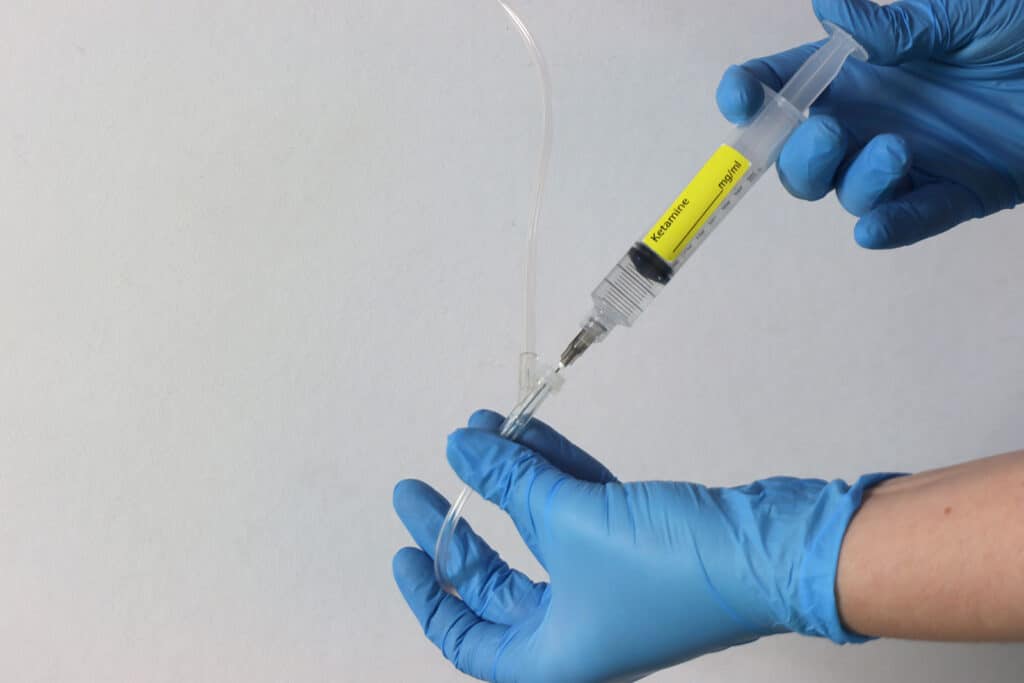
Longevity of Ketamine’s Effects
The one area where many are concerned or simply don’t know enough about ketamine treatment is how long ketamine’s effects last. This unknown can be a major barrier to understanding how often patients really need treatment throughout their lifetime. One study suggests that nasal ketamine and antidepressants can help individuals stay in remission for up to 16 weeks. Meanwhile, other sources suggest that one dose can last several days or up to a week, with multi-dose treatments offering relief for several weeks or months. Put simply, there are still too many variables that need to be better understood in order to know how long ketamine realistically lasts for those with treatment-resistant depression.
It’s also important to remember that there are various factors that can impact treatment efficacy. How ketamine is administrated, the dose that is given to patients, and how patients react to ketamine based on their own physiology can all play a role in how long benefits last for them and what type of experience they have when they undergo ketamine therapy. Keep this in mind if you’re looking into ketamine therapy for yourself.
Maintenace Therapy and Long-Term Use
As you decrease the frequency of treatments you receive, you likely won’t stop ketamine therapy entirely. Treatment-resistant depression is powerful, which means that maintenance is essential. As with the longevity of ketamine therapy, there’s some uncertainty about how often maintenance therapy should be administered. Generally speaking, more ketamine is administered when symptoms start to return, with some individuals even receiving products like ketamine lozenges to tide them over between treatments. However, some doctors may stick to a specific timeline, administering treatments one to two times per month or only every six to three months. This is certainly something to address with any healthcare professional offering ketamine therapy.
Ideally, long-term use should be carefully spaced out as such due to ketamine’s potential for dependency and addiction that comes with regular use. When ketamine is spaced out over the long term for those struggling with the symptoms of treatment-resistant depression, they may be less at risk of becoming addicted to the substance and attempting to take more to get the same feeling or even seeking out recreational ketamine that they can use while they’re waiting to get their next dose from their doctor.
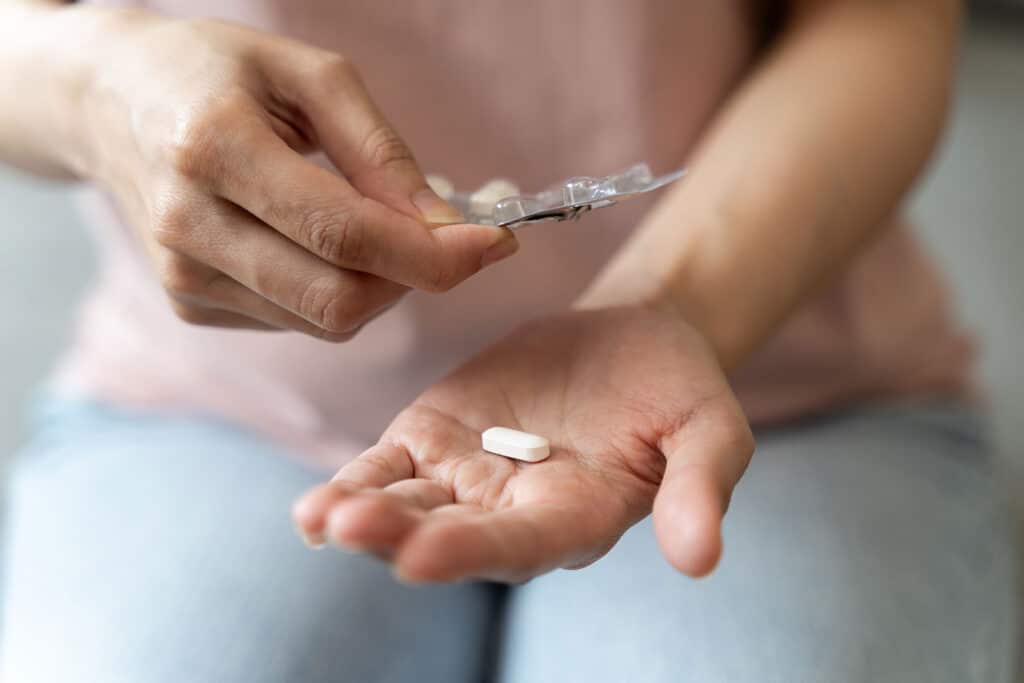
Comparisons With Traditional Antidepressants
Ketamine may work for depression, but it’s vastly different than the other antidepressants that many turn to. Ketamine acts on glutamate receptors, offers longer-lasting effects on a single dose, and takes much less time to start working. Meanwhile, antidepressants can take anywhere from one to two months of daily administration to start producing tangible results, may not work at all, and act only on serotonin and norepinephrine.
With all that in mind, the one limitation that ketamine does have is that we don’t have extensive long-term research on it yet. While all antidepressants may not be as effective, they’re more well-studied and understood. Most research around ketamine only assesses its benefits and use over the course of weeks, not over the course of years or decades like the type of support that many may need.
Patient Experiences and Case Studies
Many of the studies that we’ve mentioned above have supported the claims that ketamine has improved cognition and neuroplasticity over the course of weeks throughout the studied treatment. But what do actual people have to say about their experience with ketamine therapy and its effects on their treatment-resistant depression?
One Christa Coulter-Scott describes how quickly ketamine changed her life at 51 after decades of ineffective antidepressant use, immediately feeling lighter and less gloomy while also noticing her surroundings becoming lighter and more inviting too. Another man, Winograd, says that he had managed to find his happy place and felt as though he had left the weight he had with him behind him after undergoing ketamine therapy.
Potential Side Effects and Risks
While it’s important to discuss the benefits and experiences of ketamine therapy for those who felt as though there was no relief in sight, it’s also important to discuss the side effects and risks for those who are wary of ketamine use. Most side effects are very minor, such as dissociation, dizziness and nausea, and changes in blood pressure.

The most impactful side effects come with the biggest risk: dependency. Those who develop a dependence on the drug and become addicted to it can end up taking more and more as their tolerance increases. As this happens, they can face long-term risks like loss of bladder control, cognitive impairment and a change in personality, seizures, and other life-changing side effects. This is why ketamine therapy must be approached carefully and under the supervision of a medical professional who can curb the potential development of these risks and side effects.
Conclusion
Ketamine can be beneficial in the effective treatment of treatment-resistant depression, and it can help people go for long periods without symptoms of depression until they need maintenance therapy. That being said, it is a drug for which dependency and addiction are both possible in a short-term or even long-term treatment. If you’re struggling with ketamine addiction, recreate your future with Recreate Behavioral Health. We’re one of the nation’s premium providers of addiction treatment options and services, ready to help you start your journey of overcoming substance abuse and leading a more fulfilling life. Call us today to learn more!
Sources
– https://www.ncbi.nlm.nih.gov/pmc/articles/PMC5126726/
– https://www.dea.gov/sites/default/files/2020-06/Ketamine-2020.pdf
– https://www.webmd.com/depression/features/what-does-ketamine-do-your-brain
– https://www.mayahealth.com/blog/how-long-does-ketamine-last-maintenance-and-integration-in-ketamine-therapy
– https://www.nyp.org/publications/professional-advances/psych/ketamine-the-benefits-continue-to-unfold
– https://www.health.harvard.edu/blog/ketamine-for-treatment-resistant-depression-when-and-where-is-it-safe-202208092797
– https://pubmed.ncbi.nlm.nih.gov/31166571/
– https://www.comhs.org/-/media/Files/PDFs/Services/Ketamine-Therapy-FAQs.ashx
– https://futurepsychsolutions.com/blog/how-often-are-ketamine-infusions-administered/
– https://www.bespoketreatment.com/how-frequently-should-you-receive-a-ketamine-infusion/
– https://www.renewinfusions.com/blog/how-ketamine-differs-from-antidepressants
– https://www.oxfordhealth.nhs.uk/ketamine/risks-benefits/




